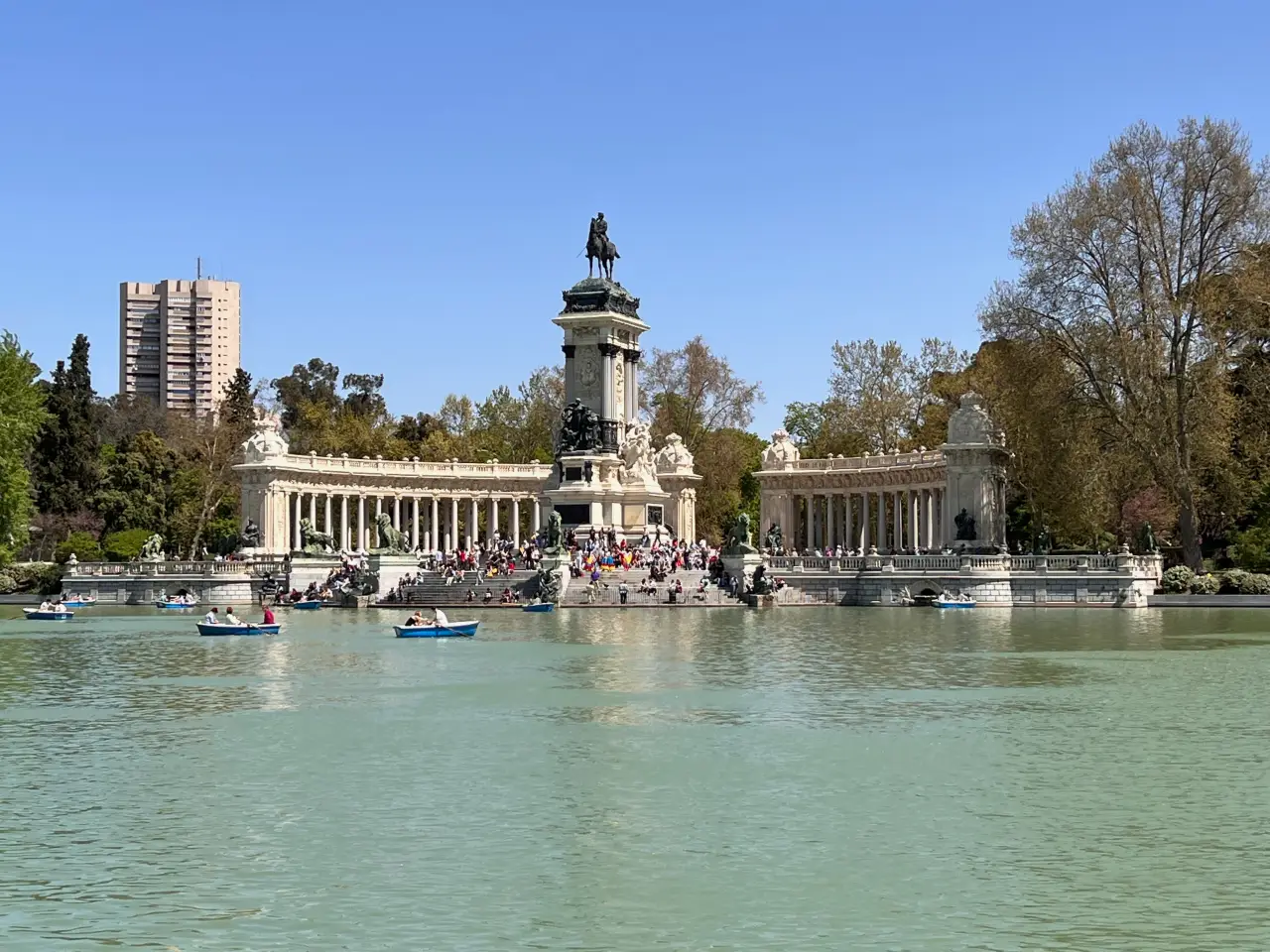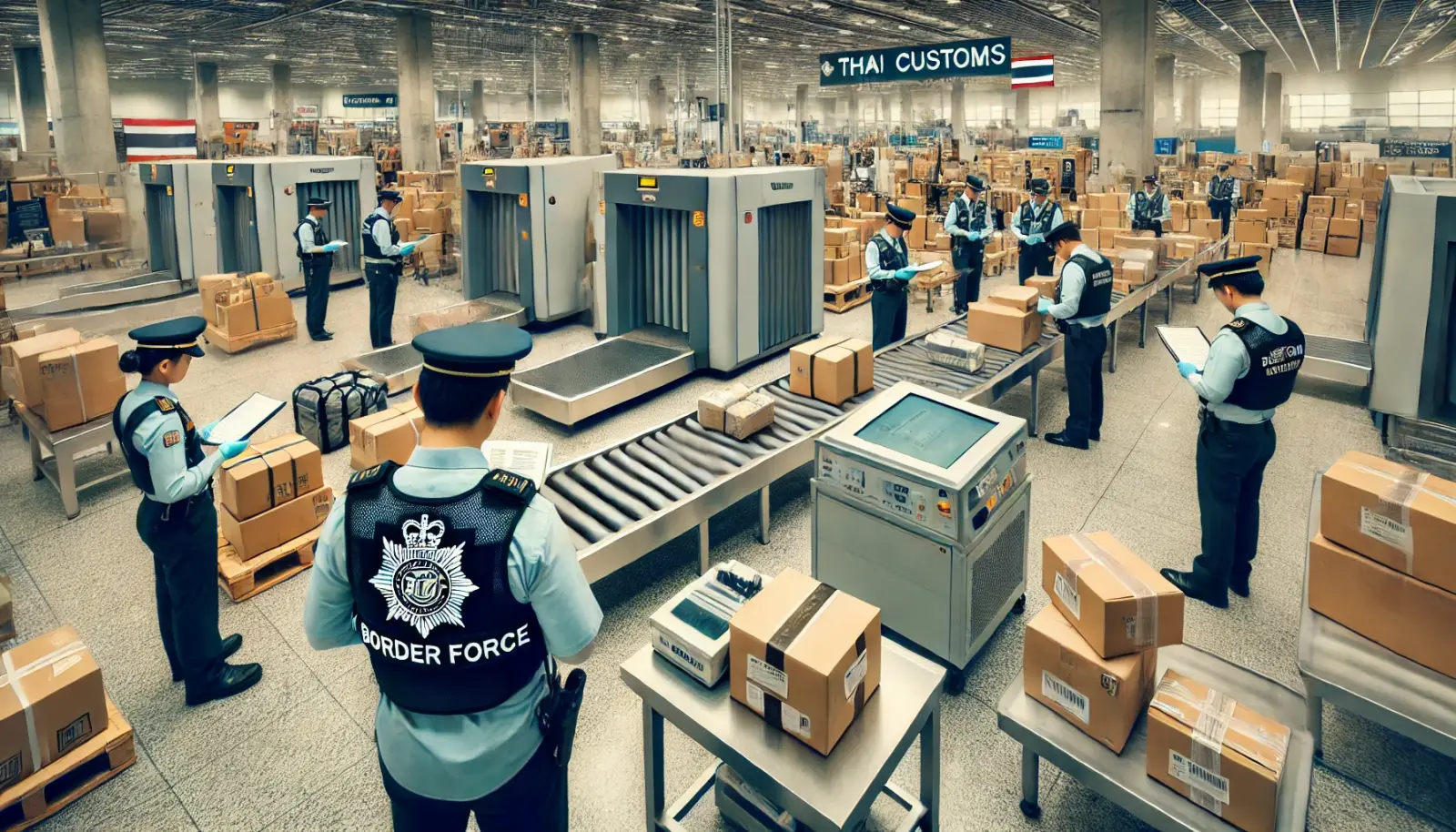On October 4, 2023, the European Commission officially began an anti-subsidy investigation into the imports of battery electric vehicles (BEV) from China.
The primary focus of the investigation is to ascertain if BEV value chains in China are benefiting from illegal subsidisation and if such subsidisation poses an economic threat to EU BEV producers.
If the investigation confirms these suspicions, the Commission will further evaluate the potential consequences and impacts of such practices on EU importers, users, and consumers of battery electric vehicles. Depending on the findings, the European Commission might impose anti-subsidy duties on BEV imports from China to counteract any unfair trade practices.
Ursula von der Leyen, President of the European Commission, had previously hinted at this investigation during her State of the European Union (SOTEU) speech on September 13. She emphasized that the probe would strictly adhere to EU and WTO regulations, ensuring that all involved parties, including the Chinese government and exporters, have the opportunity to present their perspectives.
President von der Leyen stated, “The electric vehicle sector is pivotal for Europe’s future competitiveness and green industrial leadership. We are committed to ensuring that EU car manufacturers and related sectors can thrive without facing market distortions and unfair competition. Europe is dedicated to upholding both EU and international standards. This investigation will be comprehensive, impartial, and rooted in facts.”
Interestingly, this investigation was initiated by the Commission itself, without a formal complaint from the EU industry. The decision was based on substantial evidence indicating that the influx of low-priced and subsidised BEVs from China could jeopardize the EU’s electric car industry. Despite the absence of a formal complaint, the EU’s anti-subsidy rules mandate cooperation from the EU industry in such investigations.
Before announcing the Notice of Initiation, the Commission conducted pre-initiation consultations with the Chinese government, as required by EU and WTO regulations.
The investigation is expected to conclude within 13 months from its initiation. If the findings warrant it, provisional anti-subsidy duties could be imposed within 9 months, with definitive measures being introduced within the subsequent 4 months or by the end of the 13-month investigation period.













